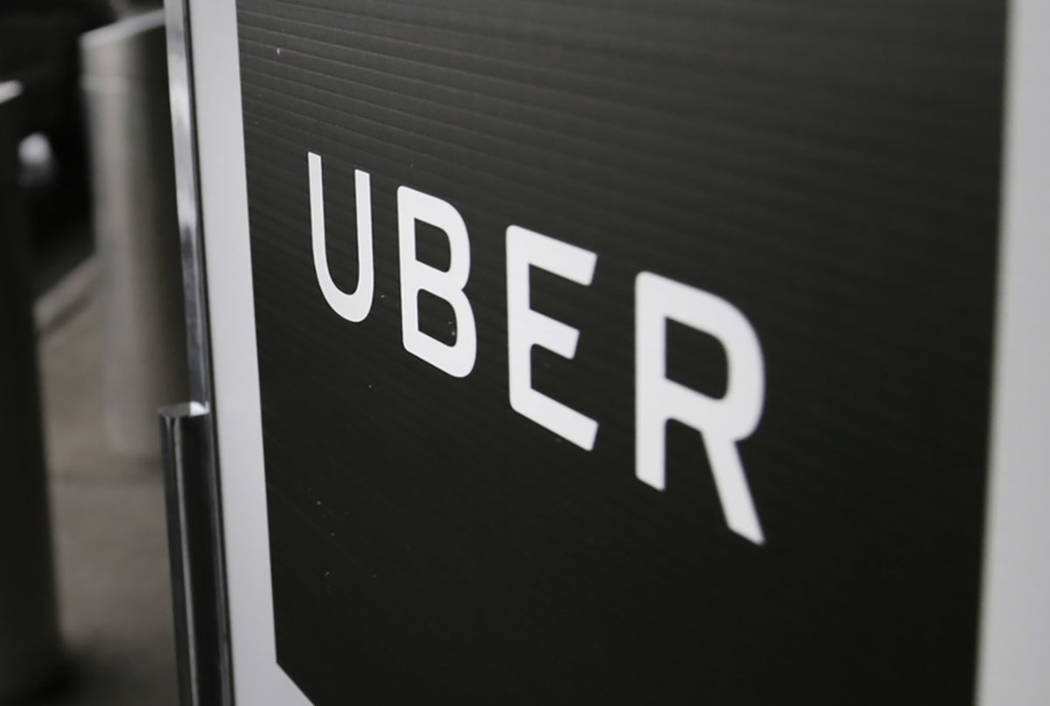Uber launches new ride-sharing option in Las Vegas

Even though public bus ridership is declining in Las Vegas, Uber is offering a ride-sharing option that’s modeled on how people catch a bus.
Rather than offering door-to-door service, Uber’s Express Pool will require passengers to walk “no more than a couple of blocks,” likely to a busy intersection, to wait for a car.
The driver will make as few turns as possible and will pick up other riders along the way, resulting in fares generally lower than the company’s Pool service, Uber spokeswoman Stephanie Sedlak said Wednesday.
Upon drop-off, passengers are given walking directions to their final destination. But unlike a bus, Sedlak said, Express Pool features flexible pickup and drop-off points, and driver routes aren’t fixed.
“You can think of Express Pool as the next generation of Pool, but even more affordable and an improved experience to provide riders and drivers with better, straighter, faster routes with fewer detours,” Sedlak said.
Express Pool officially launched citywide Wednesday at 3:30 p.m. Sedlak said pickup service won’t be available for some time along the Strip or at McCarran International Airport, though passengers may be dropped off at those locations.
Uber launched Express Pool this year in Boston and San Francisco, eventually expanding it to cities like Los Angeles, Philadelphia and Denver.
Express Pool rolls into Las Vegas amid a slight decline in bus ridership, according to figures released this month by the Regional Transportation Commission.
A little more than 12 million boardings were reported on the Deuce and the Strip & Downtown Express routes during the fiscal year that ended June 30, a 6.4 percent decline from the previous year. Fare revenues on the Strip dropped 9 percent to $18.53 million.
Strip bus routes have lost $12.6 million in revenue since November 2015 — two months after state lawmakers allowed ride-hailing companies like Uber and Lyft to legally operate in Southern Nevada.
Residential bus ridership increased 1.2 percent this past fiscal year to 51.7 million boardings, but revenue decreased 2 percent to $46 million.
Overall, 63.77 million boardings were reported on the RTC’s entire network during the last fiscal year, a relatively flat 0.3 percent decline from 2017. Total fare revenue declined 4.2 percent to $64.58 million.
Contact Art Marroquin at amarroquin@reviewjournal.com or 702-383-0336. Follow @AMarroquin_LV on Twitter.